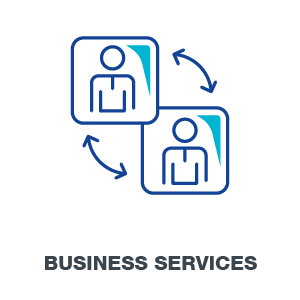Supplying your Sales team with top talent
At Michael Page Sales, our dedicated team of experienced consultants connect businesses with the best sales talent on the market on a temporary, contract or permanent basis, to help them achieve their goals. From skilled leaders to those just starting out, we have the expertise, passion, and industry knowledge to meet all your talent needs.
We cover a wide range of specialisms, including:






Why work with Michael Page Sales?
At Michael Page, our offering goes beyond basic recruitment services. We provide each of our clients with:
- Market intelligence to inform recruitment decisions.
- Access to an extensive network of sales industry experts and quality candidates.
- A streamlined tech-enabled experience for candidates.
- Advice on how to enhance your employer value proposition to attract talent.
- Commitment to diversity, equity, and inclusion (DE&I) in all our practices.
At Michael Page, we are committed to providing added value for our partners, and helping you come one step closer to achieving your talent goals.
Our approach to recruitment
Whether we are sourcing professionals for senior or entry level positions, our consultative approach is rooted in transparency and collaboration with our clients. We work to understand each business’s recruitment needs and get to know each candidate to ensure they are an excellent fit.
When it comes to permanent recruitment, we take a targeted, proactive approach to sourcing top professionals. Meanwhile, we also have a specialist temporary staffing function with a large pool of pre-vetted candidates who are ready to hit the ground running.
We have the scale and resources to make the recruitment process smooth, efficient, and ultimately successful for our clients.
Tips on retaining top sales talent: Optimising your hiring process
Over the last 18 months we’ve seen a drastic change in sales teams across the UK, with the onset of the pandemic and Brexit causing a huge shift in the way people and businesses buy and sell. In this ever-changing landscape, it’s more important than ever for businesses to develop clear strategies around how they are going to source, upskill, and retain their best people to help their business navigate into 2022 and beyond. In this video, we'll be looking at the importance of optimising your hiring process in order to attract and retain the best salespeople.
Get in touch
If you would like to talk to us about your current recruitment needs, fill in the form below and one of our consultants will call you back.
Looking for a job in Sales?
Search through our sales vacancies to take your next step.
Sales
Our Expertise
Your go-to specialist recruiter for Sales roles
Our recruitment consultants specialise in sales and are here to discuss your next vacancy. Share some details and we’ll match you with the right consultant for your location and job role.






